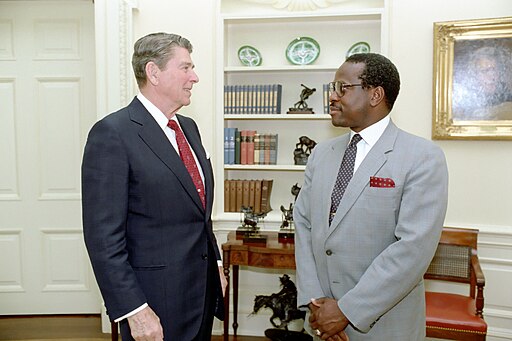In a letter to the editor of the Washington Post (“The Constitution demands the debt be paid. Period.”), one Maurice F. Baggiano claims:
“As long as public debts are authorized by law, they may not be questioned and must be paid. That’s the import of Section 4 of the 14th Amendment.”
Mr. Baggiano seems to be deeply confused as to what the Constitution, and the law, require, and to believe that they somehow magically compel Congress to raise the “debt ceiling” — that is, to borrow MORE money — by away of paying off what they already owe.
They don’t. Congress could, with at least as much fidelity to the Constitution and the law, cut spending and dedicate more of the revenues it raises from taxation to paying down its debt.
And Congress could, with at least as much fidelity to the Constitution and the law, simply default on that debt. An obligation to recognize the “validity” of a debt is not the same thing as an obligation to pay that debt.
If you don’t believe me, ask any of the tens of thousands of Americans who default on their mortgages, and have their homes foreclosed on and sold at auction, every year. Few if any of those borrowers contest the “validity” of their debts. They just can’t, or won’t, pay up.
Article I, Section 8 of the Constitution ascribes to Congress the power to “borrow Money on the credit of the United States.”
The 14th Amendment says that “[t]he validity of the public debt of the United States, authorized by law, including debts incurred for payment of pensions and bounties for services in suppressing insurrection or rebellion, shall not be questioned.”
Neither section, nor any other, requires Congress to pay its bills.
The United States, as Alex J. Pollock notes at The Hill, has previously defaulted on its debts no fewer than four times, three of them since the ratification of the 14th Amendment. While doing so certainly entails consequences, it’s obviously not fatal, else modern world maps would no longer advertise something called “Argentina.”
And notice the bait-and-switch pulled between the two constitutional sections. One minute we’re talking about congressionally incurred debt of the United States (aka the federal government). Then it suddenly becomes “public” debt (i.e. we, rather than the borrowers, get put on the hook).
Far be it from me to “question” the “validity” of whatever debts 535 politicians in Washington may have entered into. That’s between them and their creditors. But I certainly question the “validity” of the notion that anyone other than those politicians could be rightly held responsible for paying those debts. I didn’t co-sign the loans. Nor was I ever asked to do so. How about you?
Thomas L. Knapp (Twitter:@thomaslknapp) is director and senior news analyst at the William Lloyd Garrison Center for Libertarian Advocacy Journalism (thegarrisoncenter.org). He lives and works in north central Florida.
PUBLICATION/CITATION HISTORY


